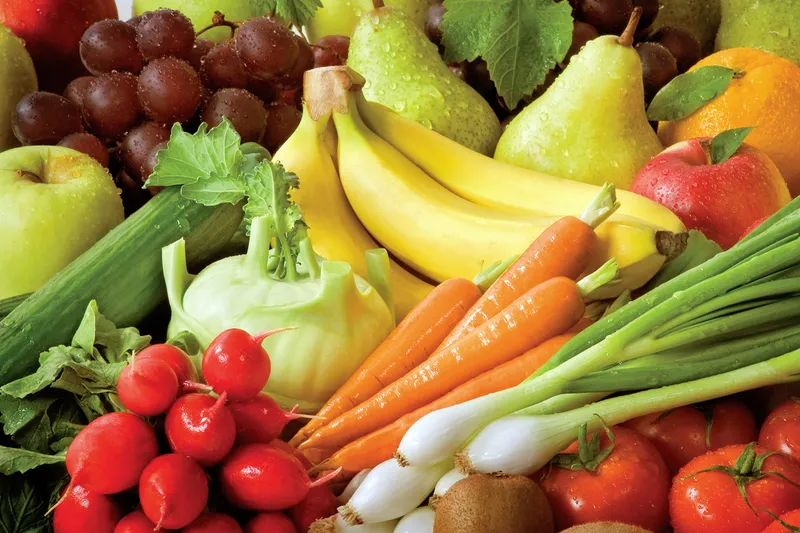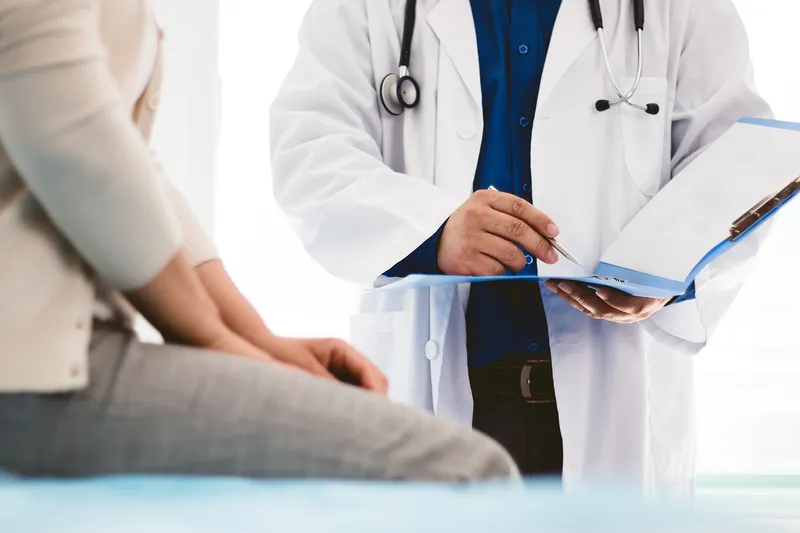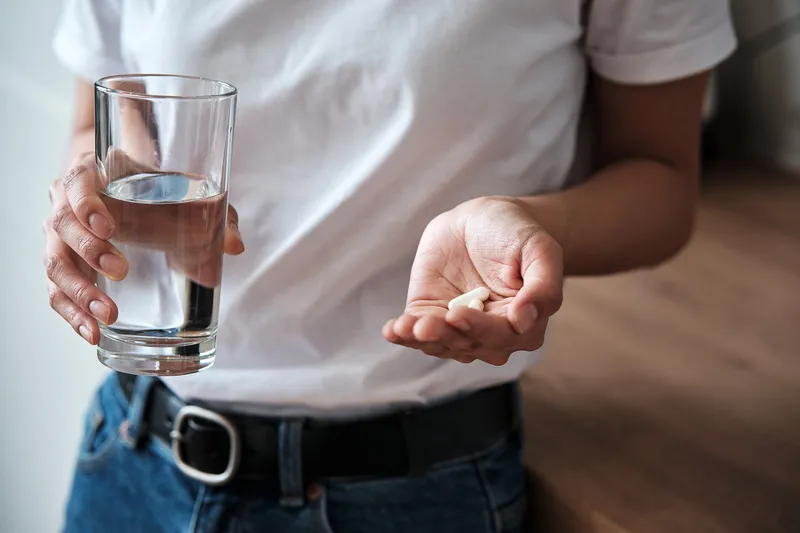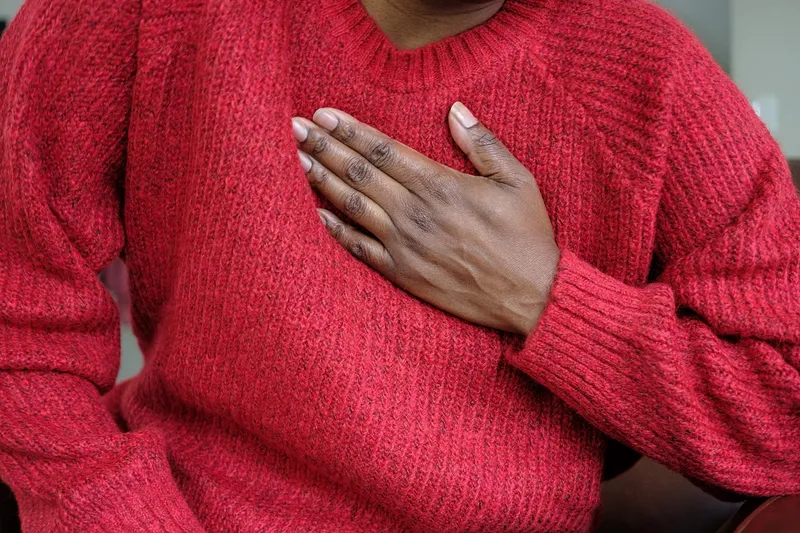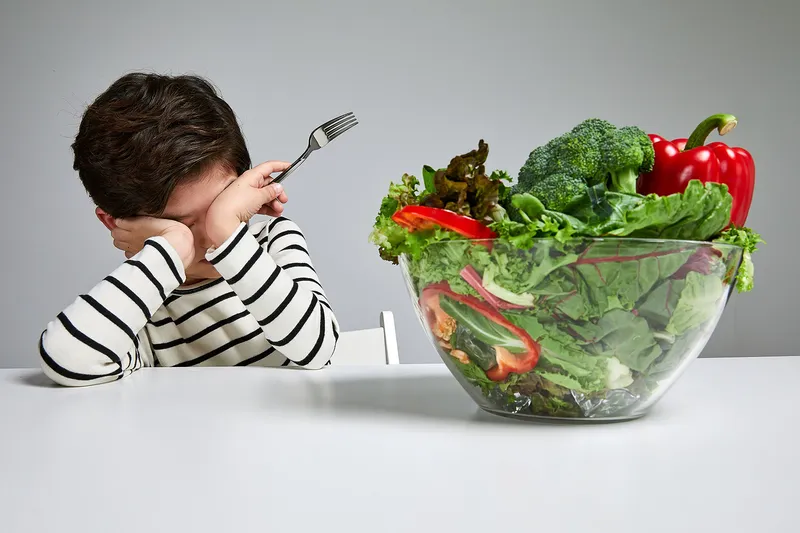
Sure, exercise is good for your heart, your muscles, and your mental health. But it’s also good for your gut – and not just your midsection. Exercise impacts your overall gut health, which involves more than just day-to-day digestion. Here are three reasons why exercise is great for your gut:
It Improves Your Microbiome
The gut microbiome is the name for the variety of microorganisms living in your gastrointestinal tract, mostly in the intestines. Those microbes, including helpful and harmful bacteria, affect everything from digestion to your long-term risk for disease, for better or for worse.
Obviously, what you eat and drink impacts the microbiome, but so does exercise. Studies have found that athletes, as well as people who are simply active on a regular basis, have healthier gut microbiomes than those who are more sedentary.
Though they don’t yet understand why, researchers believe exercise not only increases the number of helpful microbes in your microbiome but also boosts the diversity of the microbiome, which is the number of different kinds of microbes living there. It’s been shown people with more diverse microbiomes may have lower risk for conditions like inflammatory bowel disease and even diabetes.
It Helps Prevention Constipation
If you’ve ever felt the discomfort of constipation (and most of us have), you may have noticed that movement -- even just a simple walk -- can help get your system running.
That’s because exercise stimulates intestinal muscles, decreasing the “transit time” for stool. That’s how long it takes for stools to pass through the body. Stools that move more quickly through your intestines are softer and easier to pass.
Though strength training is also important, especially as we age, the best kind of exercise you can do to ease or prevent constipation is aerobic activities like walking, biking, dancing, jogging, and swimming. Certain yoga poses are thought to stimulate digestion too.
It Reduces the Risk for Digestive Disease
According to research, exercise can have an impact on your risk for cancer of the stomach, colon, and esophagus. That may be because exercise speeds digestion, giving your GI tract less exposure to possible carcinogens (cancer-causing substances) in the foods and drinks you consume.
Regular exercisers may also be at lower risk for inflammatory bowel disease and diverticulosis, though more research is needed.
Key Takeaways
Obviously, one workout isn’t going to improve your gut microbiome, prevent constipation, or ward off disease. In one study, people who started exercising had positive changes to their microbiomes. But those changes largely disappeared once people stopped working out. So try to make exercise a regular part of your routine.
And there are even more ways to boost your gut health: Eat plenty of plant foods (like fruits and vegetables), limit ultra-processed foods, take a probiotic, and avoid antibiotic overuse.
Photo Credit: Moment/Getty Images
Important:The opinions expressed in WebMD Blogs are solely those of the User, who may or may not have medical or scientific training. These opinions do not represent the opinions of WebMD. Blogs are not reviewed by a WebMD physician or any member of the WebMD editorial staff for accuracy, balance, objectivity, or any other reason except for compliance with our Terms and Conditions. Some of these opinions may contain information about treatments or uses of drug products that have not been approved by the U.S. Food and Drug Administration. WebMD does not endorse any specific product, service or treatment.
Do not consider WebMD Blogs as medical advice. Never delay or disregard seeking professional medical advice from your doctor or other qualified healthcare provider because of something you have read on WebMD. You should always speak with your doctor before you start, stop, or change any prescribed part of your care plan or treatment. WebMD understands that reading individual, real-life experiences can be a helpful resource, but it is never a substitute for professional medical advice, diagnosis, or treatment from a qualified health care provider. If you think you may have a medical emergency, call your doctor or dial 911 immediately.




